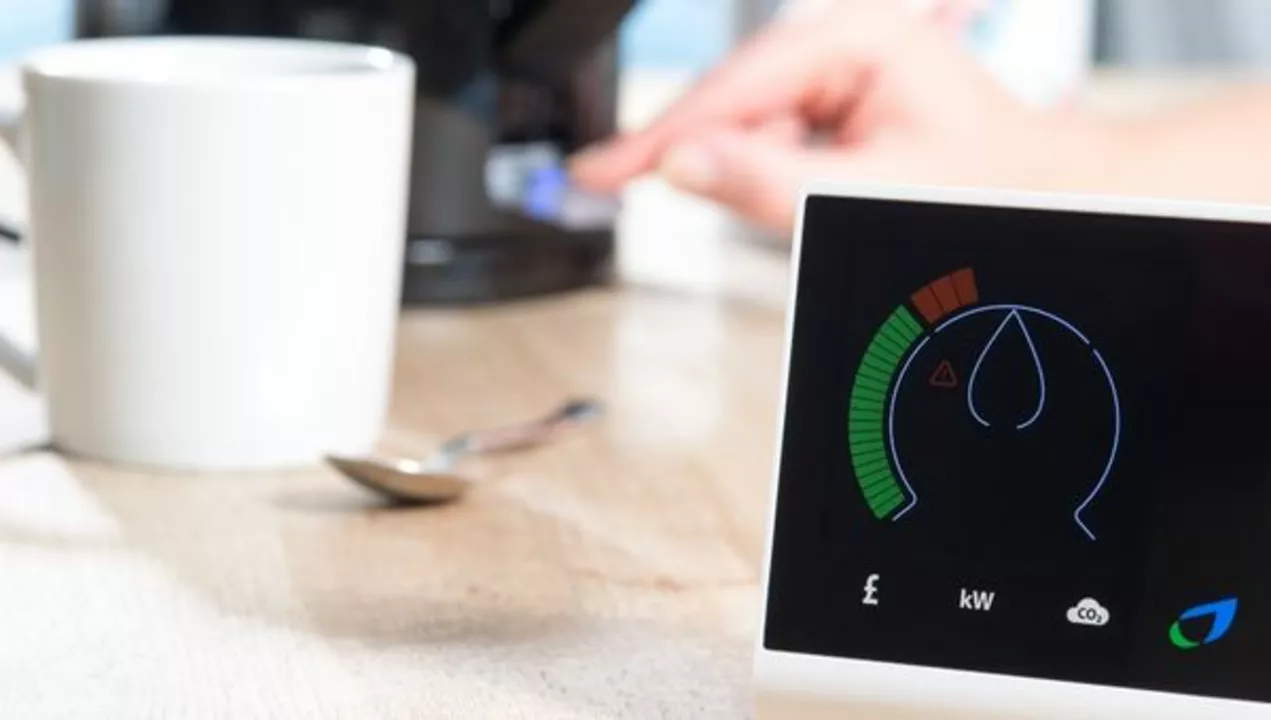Blog: The bill helping tackle fuel poverty

This blog from our Policy team highlights extreme fuel poverty among older households in Scotland and how the Heat in Buildings bill can support those on lowest incomes to live comfortably at home.
With 36% of older households in Scotland living in fuel poverty – a quarter of whom are in extreme fuel poverty - it is more important than ever to tackle Scotland’s inefficient housing stock.
Older people, particularly those who have a disability or health condition or who rely on medical devices in the home, tend to have much higher energy needs. This, in addition to 74% of older people feeling financially squeezed, means that we are already seeing 70% of older people cutting back on energy use and 60% heating their home less.
For those on the lowest incomes, the cost of energy and cost of living crises combined with increased energy needs means people are rationing their usage and often choosing between heating and eating, or even self-disconnecting. The detrimental health and wellbeing impacts of this cannot be understated.
The proposals outlined in the Heat in Buildings Bill will not only reduce our carbon emissions, vital for the health and wellbeing of our ageing population, but will also ensure that homes are fit for purpose, comfortable, and affordable to heat adequately - for all of us.
Older people on low or modest incomes need more support from the Scottish Government to afford and install efficient heating systems, and this bill is a step in the right direction. It is unacceptable that some older people are living in cold homes, and at risk of the health issues related to not being able to stay warm.
The Heat in Buildings Bill also placed important responsibilities on landlords to ensure their properties have sufficient energy efficiency measures and heating systems. With almost 40% of older people living in the Private Rented Sector living in poverty, any measures which will reduce bills and allow people to meet their energy needs better are necessary.
While we recognise that there is lots of support needed to ensure these measures do not leave any older person worse off or behind, the bill is an important first step in ensuring our homes are fit for the future and that people are able to afford to live comfortably.
We urge the government to fully consider the bill and what is needed to deliver a fair and just transition for all, including older people and those most vulnerable to the effects of climate change.


